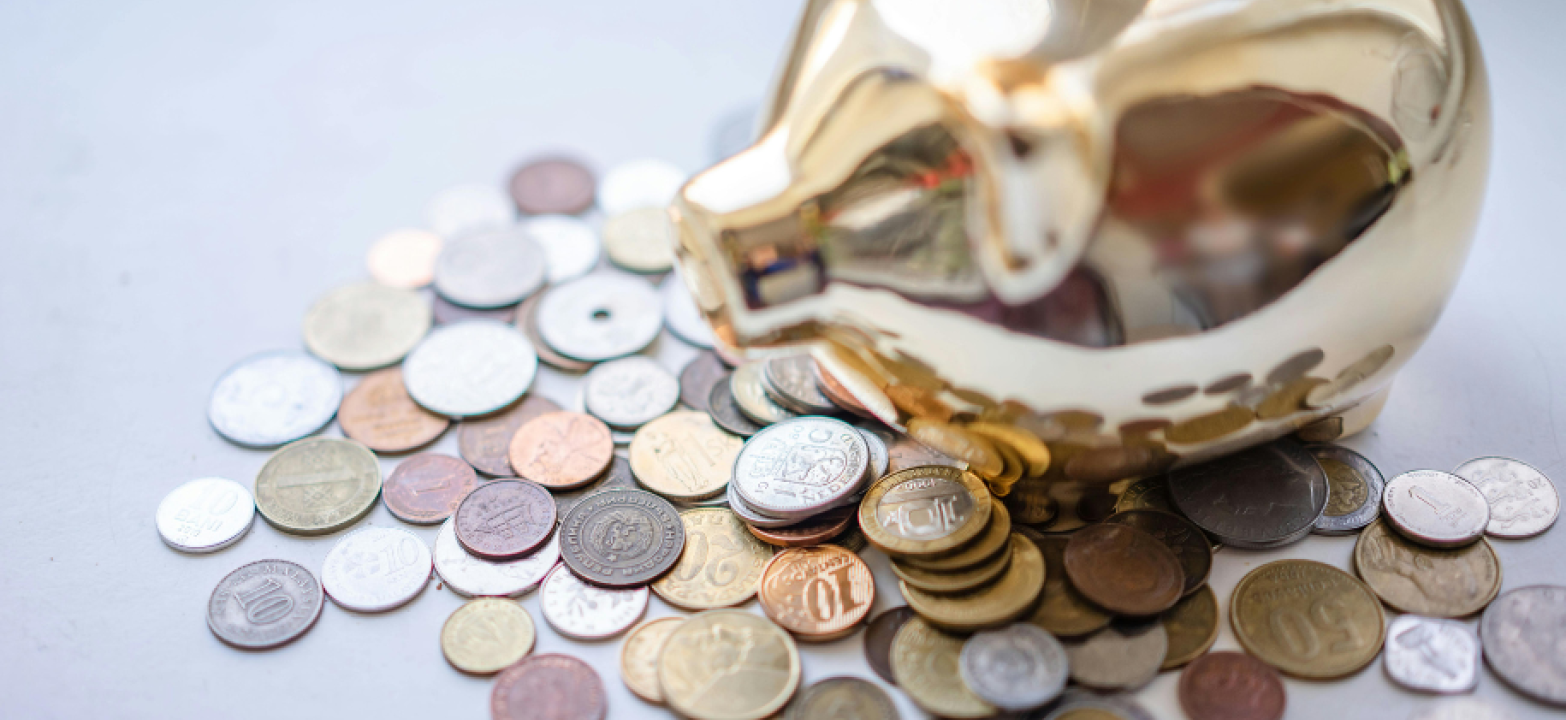The Trump ‘Liberation Day’ tariff chaos in early April appears to be a distant memory as we now find ourselves in seemingly less volatile waters with tariff delays, supposed trade deals in the pipeline, and a general quietening in the tariff rhetoric. This has helped investor sentiment together with news of easing inflation data and a renewed surge in AI demand. In response equity markets have rallied well from the April lows, this month breaking through pre ‘Liberation Day’ highs.
President Trump has a vision that with a weaker US dollar, the tariff policy and his Big Beautiful Bill (still to pass through the Senate) the US is set on a course towards a ‘new golden age’ for commerce.
With the full onslaught of the tariffs delayed, global leaders have apparently come to Trump’s negotiating table to work towards bespoke trade deals to avoid the most damaging threat to global trade in generations. Most notably China had their previous 145% tariff demand reduced to a more palatable 30%, for 90 days at least. The UK was swift to meet President Trump and agree a trade deal, whilst our European neighbours became the new target of the Presidents’ tariff tirade as he threatened a flat 50% tariff on European imports. It remains to be seen what will happen after the 90-day pause expires this month. For now, the calm and resilient markets seem to expect a broad Trump compromise to avoid the re-escalation. Hence his new moniker: TACO, standing for ‘Trump Always Chickens Out.’

During June the US dollar continued its fall against all major global currencies, playing into President Trump’s hands to improve the export competitiveness of the US. President Trump has a vision that with a weaker US dollar, the tariff policy and his Big Beautiful Bill (still to pass through the Senate) the US is set on a course towards a ‘new golden age’ for commerce. However, investors remain concerned about the potential fiscal irresponsibility of this US administration and the expected impact on inflation and debt levels.
That said, to date inflation remains subdued in the US and Europe whereas the UK saw a rise. The tone from Central Banks remains one of caution, with no rush to lower rates until more data comes through, including the impact from tariffs. This seems sensible given lowering rates too early could risk a stoking of the inflation fire. However this is a juggling act for central banks; should they wait too long to cut rates they risk choking off the fragile economic recovery.
Portfolio Activity…
During the later part of June and into early July we have been gardening portfolios, taking profits if relevant from those holdings that have had a strong rally and also, if suitable, in certain portfolios reinvesting into those allocations that have lagged slightly and bringing these holdings back into line.
Outlook…
We remain vigilant over risks and the market, particularly over the weakening US dollar and its impact not only on our existing US assets but also on any future purchases. Rising yields could add further pressure to equity prices if they return to levels seen earlier in the quarter. Companies generally reported strong results for Q1, but company management outlook was cautious given the uncertainty over tariffs. We are actively monitoring and researching opportunities within the market, with a particular focus on industrials, materials and superior dividend yielding companies to provide a stable natural income throughout any volatility.
Will de Baer-Investment Director
Important Information
This article is for information only and does not constitute advice or recommendation and you should not make any investment decisions based on it. The views and opinions of this article are those of Casterbridge at the time of writing and may change without notice. Any opinions should not be viewed as indicating any guarantee of return from investments managed by Casterbridge nor as advice of any nature. It is important to remember that past performance and the value of an investment, and any income from it, may go down as well as up and the investor may not get back the original amount invested.
